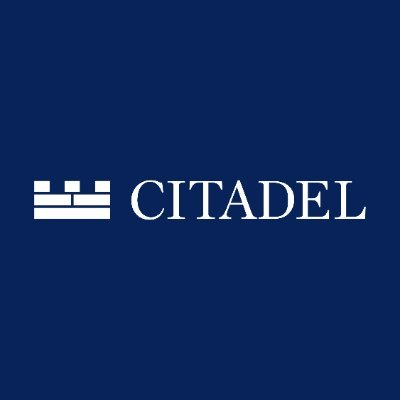
Citadel
Winning the lottery
Question Metadata
- Interview Type
- technical
- Company
- Citadel
- Last Seen
- Within the last month
- Confidence Level
- High Confidence
- Access Status
- Requires purchase
Purchase access to view the full interview question
Assessment Rubric Overview: "Maximizing Common Subsequence Length with Limited Operations"
This assessment evaluates a candidate's proficiency in algorithm design, problem-solving, and optimization within constraints, aligning with Citadel's rigorous technical standards.
Core Competencies and Skills Evaluated:
-
Algorithmic Proficiency: Demonstrated ability to design and implement efficient algorithms, particularly in dynamic programming and greedy strategies, to solve complex optimization problems.
-
Analytical Thinking: Capacity to dissect intricate problems, identify underlying patterns, and develop solutions that balance correctness with computational efficiency.
-
Programming Expertise: Proficiency in coding languages such as Python, C++, or Java, with a focus on writing clean, maintainable, and optimized code.
-
Complexity Analysis: Skill in evaluating the time and space complexity of algorithms to ensure scalability and performance under various input sizes.
Behavioral Traits and Problem-Solving Approaches Assessed:
-
Resilience Under Pressure: Ability to maintain composure and logical reasoning when faced with challenging problems or time constraints.
-
Collaborative Mindset: Willingness to engage in iterative problem-solving, seek clarification when needed, and incorporate feedback constructively.
-
Attention to Detail: Meticulousness in understanding problem requirements, edge cases, and ensuring comprehensive test coverage.
Assessment Process Expectations:
Citadel's interview process is structured to evaluate both technical acumen and cultural fit. Candidates can anticipate:
-
Initial Screening: A recruiter will assess your background, interest in financial markets, and familiarity with large-scale systems.
-
Technical Interviews: Multiple rounds focusing on coding, data structures, algorithms, and problem-solving, often involving real-time coding exercises.
-
Behavioral Interviews: Discussions to gauge your interpersonal skills, adaptability, and alignment with Citadel's values.
-
Final Review: Evaluation of your fit within specific teams, considering both technical skills and cultural alignment.
Preparation Recommendations:
-
Master Core Concepts: Deepen your understanding of dynamic programming, greedy algorithms, and optimization techniques.
-
Practice Coding Problems: Engage with platforms like LeetCode to solve medium to hard-level problems, enhancing your problem-solving speed and accuracy.
-
Understand System Design: Familiarize yourself with designing scalable and efficient systems, as system design questions are a significant component of Citadel's interviews.
-
Review Past Experiences: Reflect on previous projects, particularly those involving complex problem-solving, and be prepared to discuss them in detail.
Evaluation Criteria and Technical Concepts to Master:
-
Algorithm Design: Ability to create efficient algorithms tailored to specific problem constraints.
-
Data Structures: Proficiency in utilizing appropriate data structures to optimize performance.
-
Complexity Analysis: Skill in analyzing and optimizing the time and space complexity of solutions.
-
System Design: Understanding of designing robust, scalable, and efficient systems.
Citadel-Specific Expectations and Cultural Fit Considerations:
-
Intellectual Curiosity: A genuine interest in financial markets and a passion for solving complex, real-world problems using technology.
-
Collaboration: Eagerness to work with individuals from diverse backgrounds and contribute to a collaborative team environment.
-
Impact Orientation: Desire to make a tangible impact and drive commercial outcomes for the firm and its clients.
-
Adaptability: Ability to thrive in a fast-paced environment, demonstrating good judgment and a commitment to continuous learning.
By focusing on these areas, candidates can align their preparation with Citadel's expectations, enhancing their prospects in the interview process.
Other verified questions from Citadel